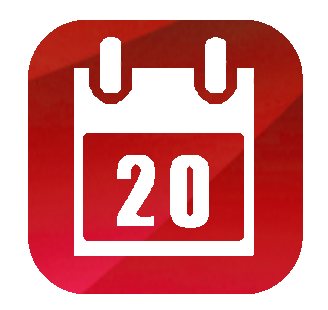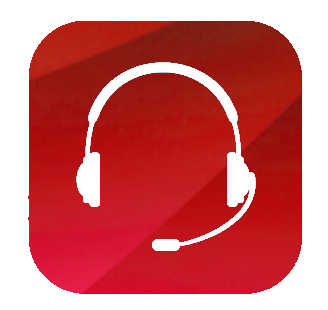Small business bookkeeping is one of those activities that no one really wants to do. Many small business owners have very little experience with accounting processes before opening their doors. But it is one of the important tasks in running a small business. Tracking your transactions to calculate profits, and working out who owes you money, and how much tax you will have to pay is critical.
Particularly in the startup phase, cash flow is critical and the ability to record, analyze and interpret data about your business transactions can make the difference between making it and failing spectacularly. To do this you will either need to know how to do the bookkeeping yourself or make the decision to pay someone else to do it for you.
Even if you outsource your bookkeeping, you need to know a bit about it so that you can interpret the information your bookkeeper gives you.
Do you want to make decent decisions about your business? Then you will need at least a rudimentary knowledge of bookkeeping.
Basic Accounting Principles
The basic accounting principles form the framework for recording all of your business transactions. The Basic accounting principles include:
- the Accounting Entity Assumption,
- the Cost Principle,
- the Going Concern Assumption,
- the Period Assumption,
- and the Objectivity Assumption.
Basic Bookkeeping
On this page, you will be able to read about the basic concepts that underpin bookkeeping and accounting, including the basic accounting equations. It also gives a brief overview of the two main accounting methods and some suggestions on how to select the right one for your new small business.
It might also be a good idea to find out about debits and credits.
Basic Bookkeeping Tasks
If you decide you want to learn how to do bookkeeping for your business yourself, there are some basic tasks that you will need to do regularly.
- Do you know how to balance a chequebook?
- Or the easiest way to record your sales?
- How about tracking and recording your expenses?
- Or managing customer accounts?
- Do you have staff?
- Do you know your break-even point?
- What can you claim as a business expense for tax purposes?
If you do they are going to expect to be paid regularly!
- What about managing your GST obligations?
- Or paying your creditors?
What about preparing your financial statements?
- Chart of Accounts
- Cash Flow Statements
- Income Statements
- Balance Sheets
Bookkeeping Software for Small Business
If you are starting or operating a small business in Australia your choice of bookkeeping software is most likely to be between MYOB and Quickbooks.
Although other software companies produce accounting and bookkeeping software for small businesses, MYOB and Quickbooks are probably the most well-known and both now have online versions readily available.





